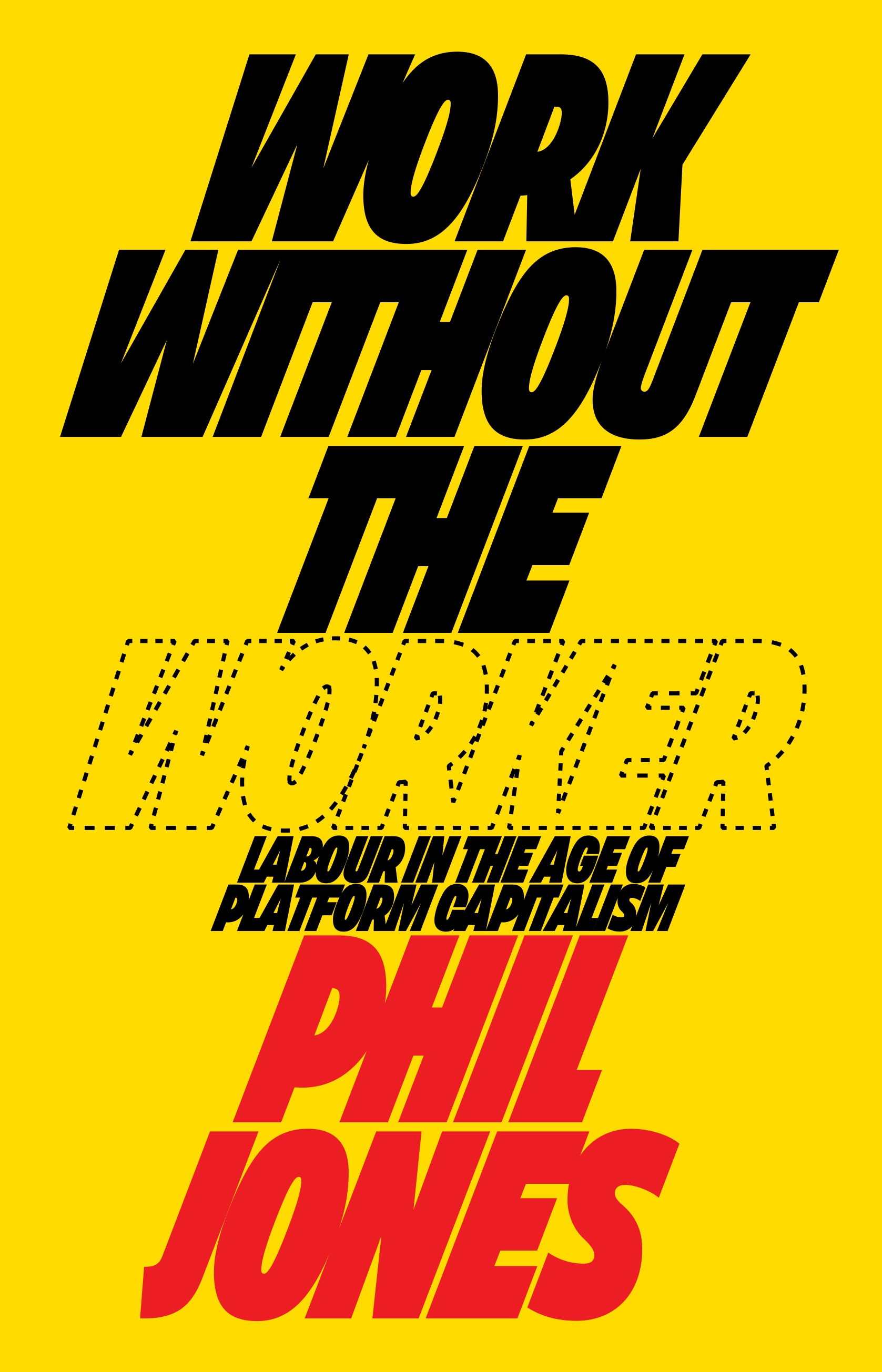What do you think?
Rate this book


144 pages, Hardcover
Published October 5, 2021
Baik penentang maupun pendukung ahli teori automasi, mereka cenderung memfokuskan perdebatan pada pengangguran massal. Namun armageddon pengangguran hanyalah pengalihan isu belaka. Daripada melihat semakin banyaknya gig-, micro-, dan crowdwork, kita harus melihat bahwa bekerja untuk dan di samping algoritma adalh bentuk kerja yang saat ini menjadi incaran otomatisasi. Dalam kasus microwork, apa yang disebut "pekerjaan" sering kali mirip dengan ketiadaan pekerjaan.
Kapitalisme tidak hanya mengasingkan ingatan, pengetahuan, dan tradisi, tetapi juga pengalaman itu sendiri.
"In contrast to the magical thinking of neoliberal optimists, microwork turns on the same illusion as the informal sector, which, Mike Davis concludes, 'generates jobs not by elaborating new divisions of labour, but by fragmenting existing work, and thus subdividing incomes'. The worker patches together a subsistence out of various bits of low-skill labour, prised from the carcasses of other jobs. If something like an occupation can be said to emerge from these economic offcuts then it is surely a Frankenstein monster, the World Bank its gothic alchemist."